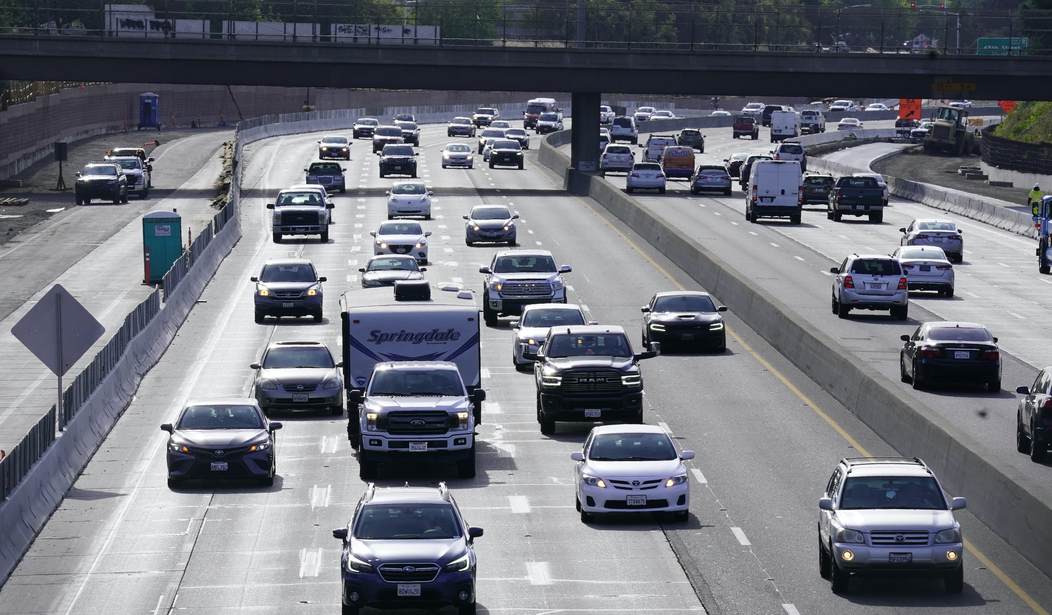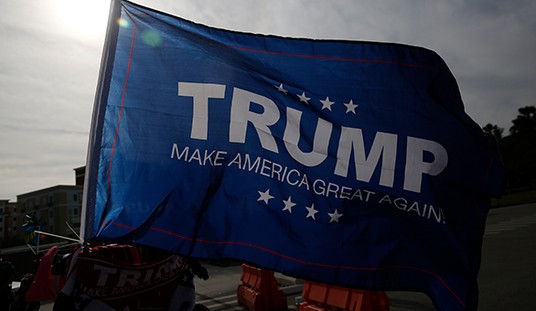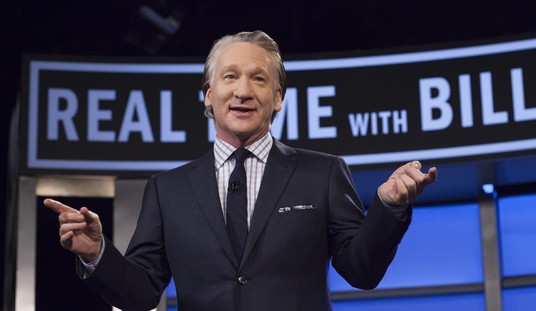The government has a dilemma: It's pushing hard for fuel-efficient vehicles, but gas taxes pay for roads. There's an obvious fix, but are Americans ready for it?
Granted, tax credits, subsidies and government mandates aren't delivering the electric-vehicle sales surge the Biden administration promised. Tax breaks for non-wealthy buyers are proving less effective than predicted by government planners, and automakers like Toyota are seeing increased interest from consumers in more affordable and practical hybrids.
The predicament is an indictment of industrial policy, a costly species of government intervention increasingly favored by both political parties. Meanwhile, Americans' lingering preference for internal combustion engines underscores the flaws of subsidizing purchases.
Still, even if many Americans say they'll never buy an EV, cars and trucks that use less or no fuel will one day make up the majority of vehicles on the road. The incentive to innovate away the gas-guzzler is too strong, so new vehicles won't be contributing much to the gas tax to finance road maintenance, and the problem of funding infrastructure will soon be even worse than it is today.
It's been years since federal gas tax revenues (and other smaller fuel taxes dedicated to the fund) have been enough to cover Congress' transportation infrastructure spending. To fill the gap, policymakers have allowed the transfer of $275 billion in general funds to the Highway Trust Fund since 2008. Some $90 billion in transfers were the result of the infrastructure bill passed in 2021 alone.
Recommended
My solution to the whole mess is to get the federal government out of infrastructure spending and financing in the first place and put the responsibility where it belongs: with states, municipalities and the private sector. But considering the low probability that this idea will see the light of day, we should next consider a user-fee system designed to charge drivers by the mile.
Mileage-based user fees would ensure that those who use the infrastructure the most contribute proportionately more to its construction, maintenance and improvement. Such a design aligns with the fundamental principle of user fees, linking payments directly to a person or entity's actual usage and providing a fair and equitable funding structure.
Reason's Marc Scribner shows that while the privacy concerns of tracking vehicle miles are legit, they are by no means insurmountable.
Given the high upfront costs associated with setting up a nationwide system (again, this wouldn't be an issue if we left the federal government out of it), and assured of pushback from the motoring public, state and federal legislators should start charging only large trucks and other heavy-duty commercial vehicles.
Trucks using U.S. transportation systems to transfer critical goods are no bogeymen; just the ideal party to "go first" in transitioning away fully from fuel taxes. These vehicles already have logging devices and report mileage. Importantly, they also currently underpay their share of the costs they impose on the road system -- meaning taxpayers heavily subsidize companies who use the roads to ship goods.
People might disagree on whether every driver should fully cover their cost of using a road, as was once done through the fuel tax. But even the most ardent Modern Monetary theorist would have a hard time arguing that businesses shouldn't have to cover their own costs. Course-correcting this aspect of things would in no way fill the funding hole, but it would be a good first step and help create momentum for a broader return to user fees.
New-age populists within the Republican Party may scoff. They opposed the national pilot for a mileage-based system included in the infrastructure bill and will likely continue to resist such ideas. Some may dislike that the idea originated from libertarian groups like the Reason Foundation or that the support for actual user fees was prominent in the Eisenhower administration (though President Ronald Reagan reaffirmed its Republican appeal in 1982).
And for those who like bipartisanship, a commission created by Congress on transportation financing recommended a full shift to fees for miles driven in their final 2009 report.
The way I see this is that a greater reliance on user fees ultimately will create opportunities for privatization, a concept supported by numerous studies showcasing the efficiency and performance improvements possible through transparent and well-structured public-private partnerships.
The private sector has a proven track record of driving innovation in transportation safety. Extending this partnership to infrastructure allows for the implementation of cost-effective technologies, ultimately making our roads safer and more efficient.























Join the conversation as a VIP Member